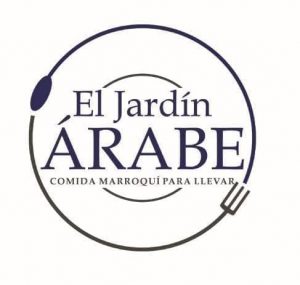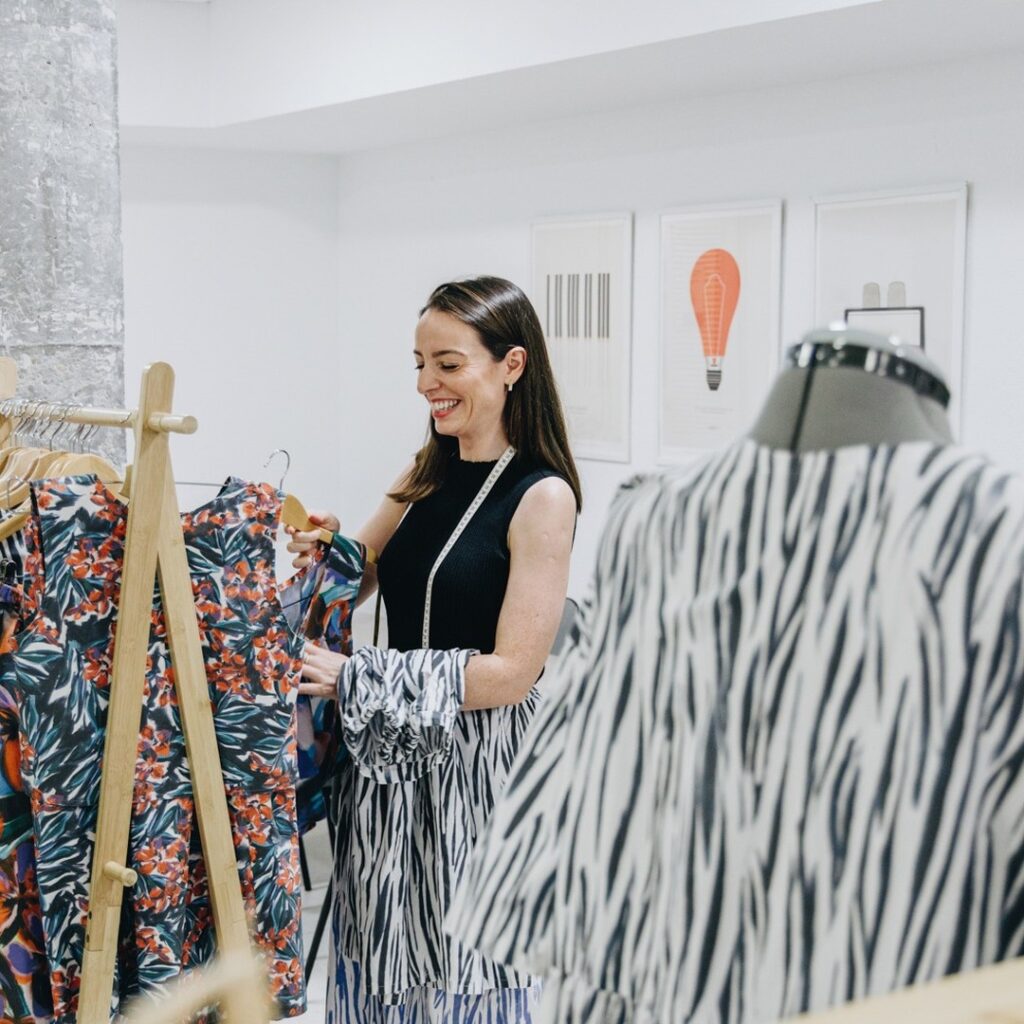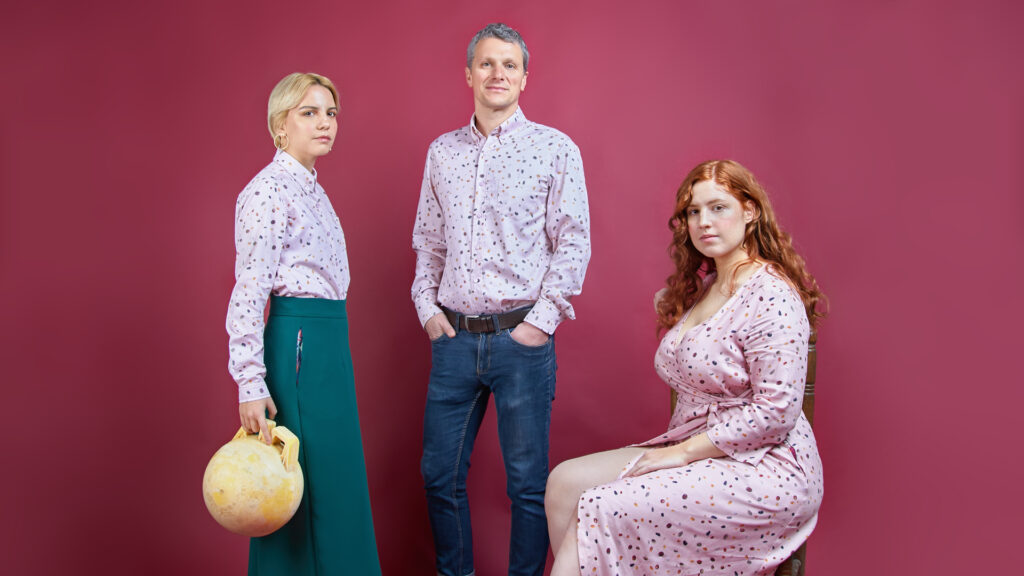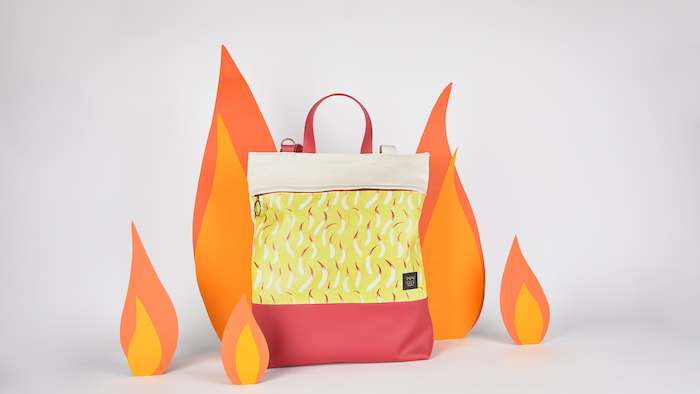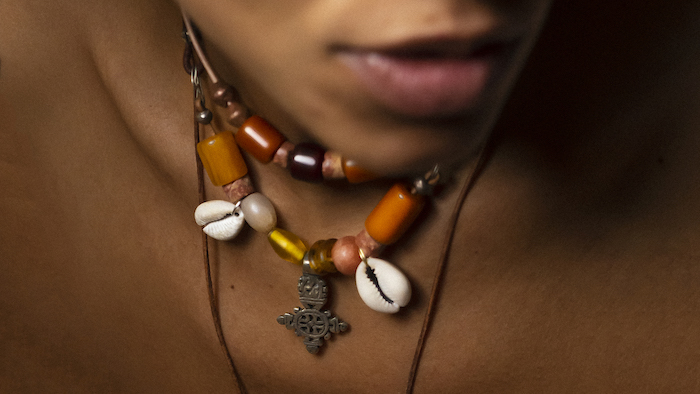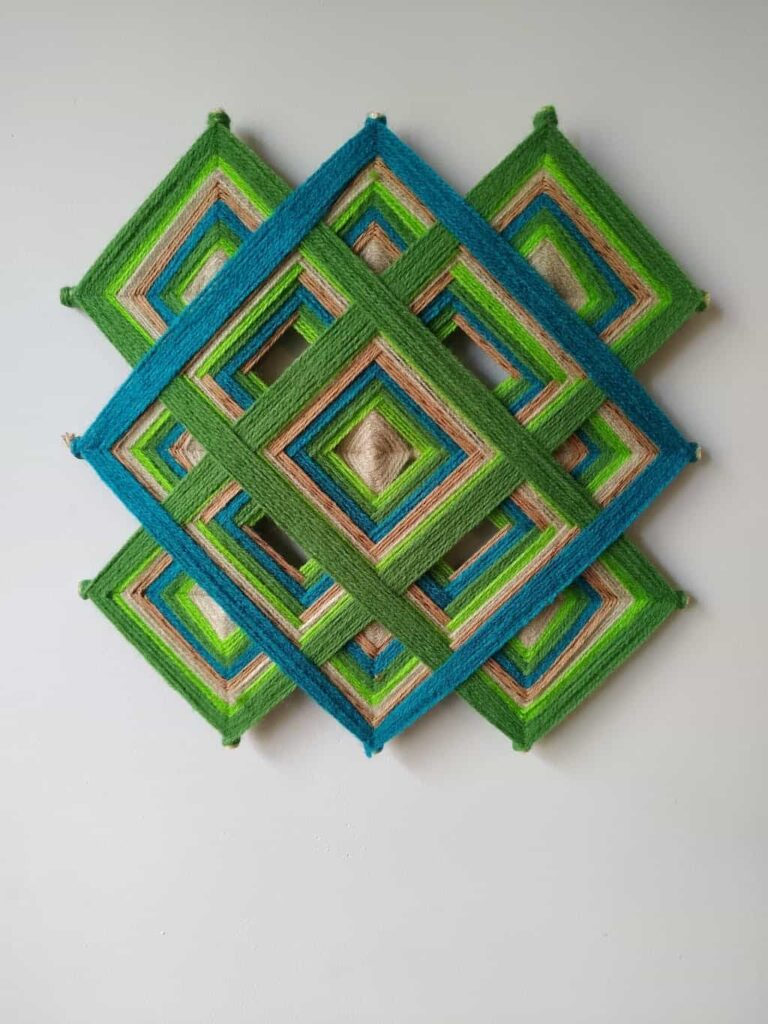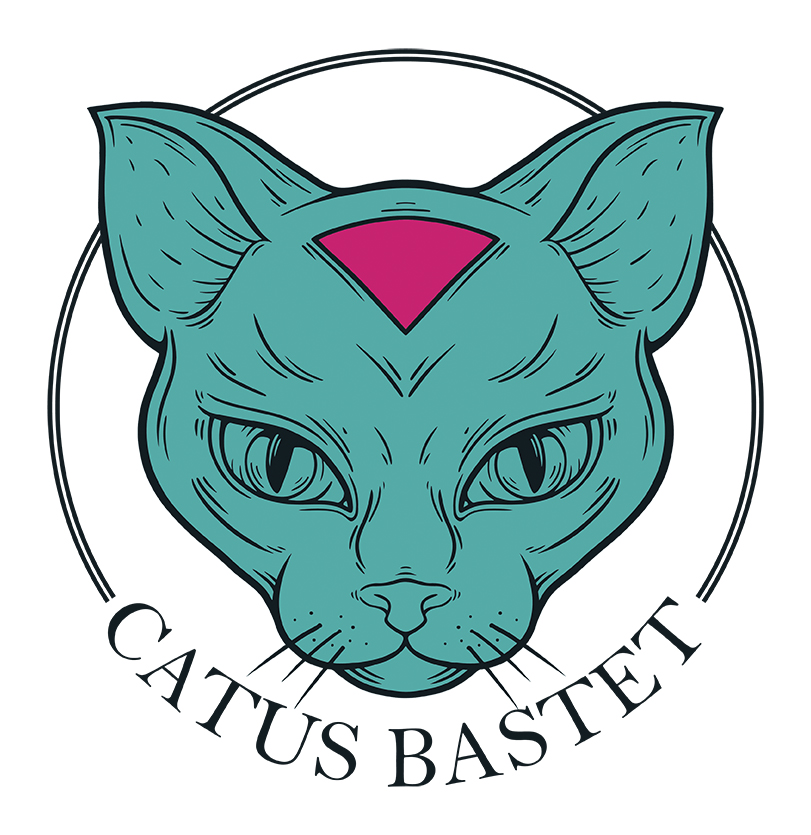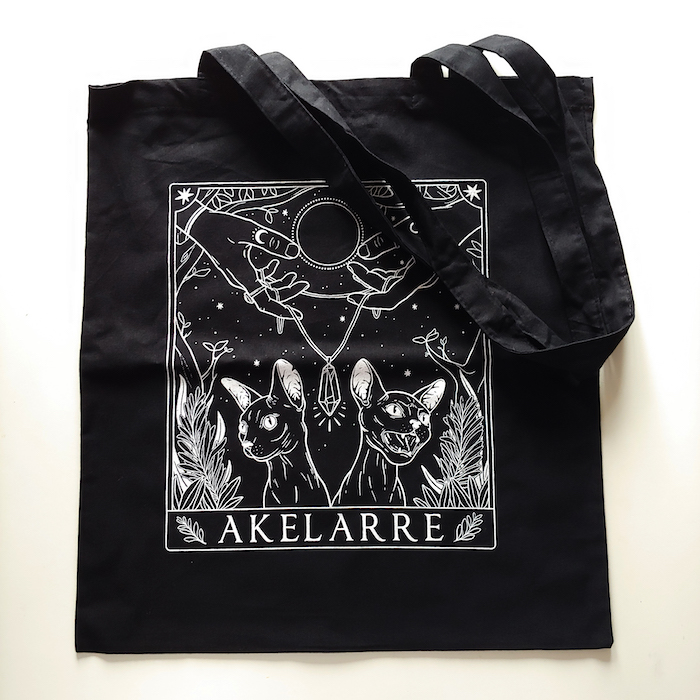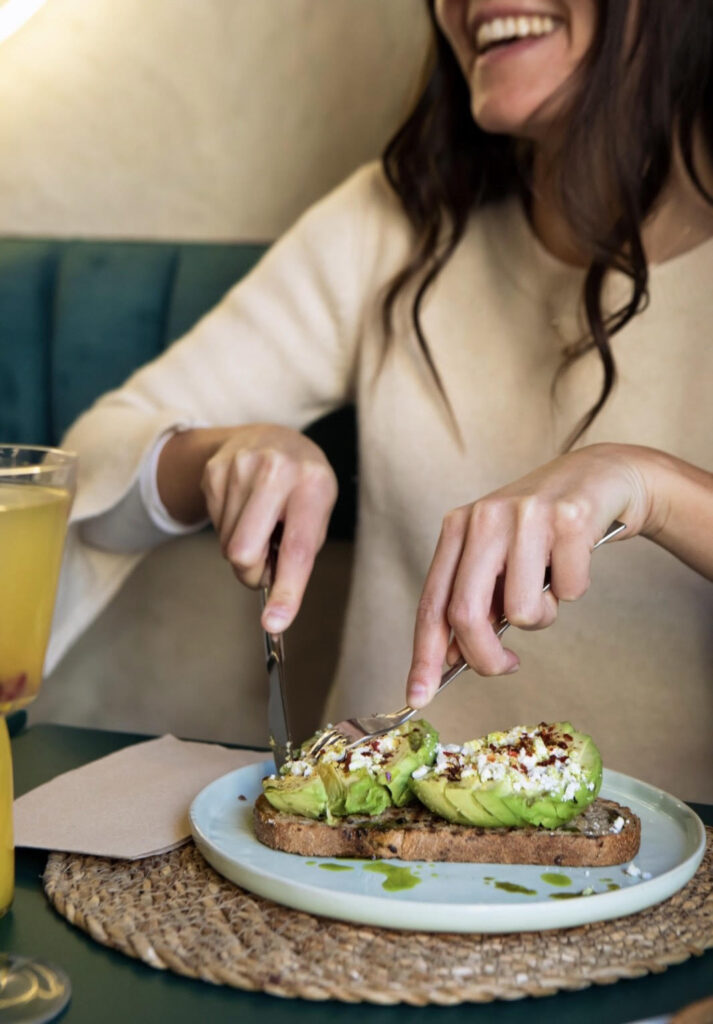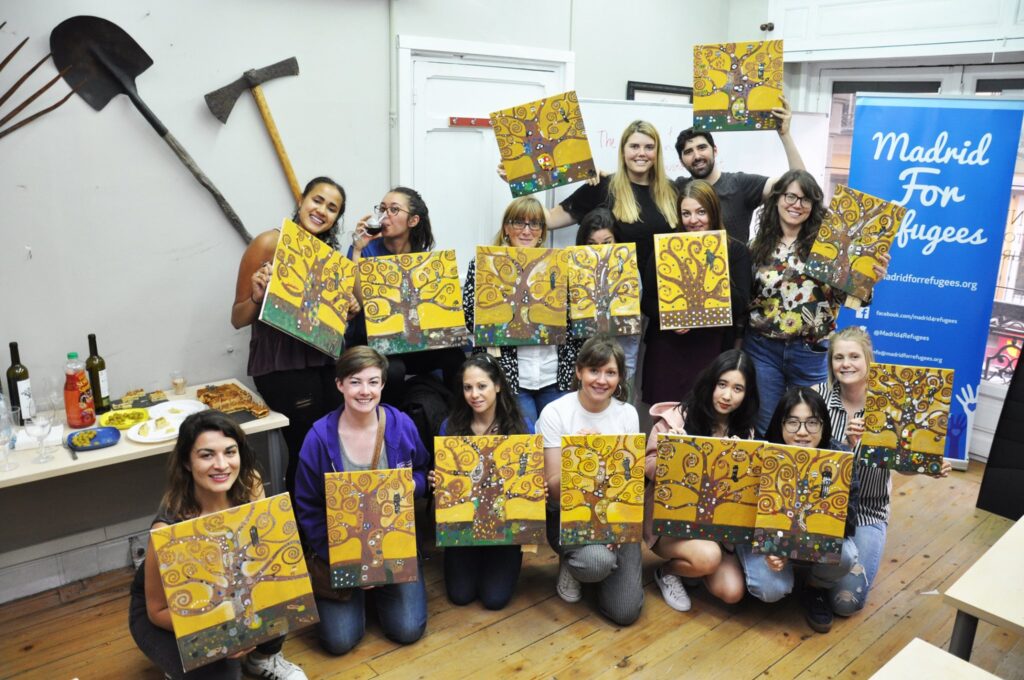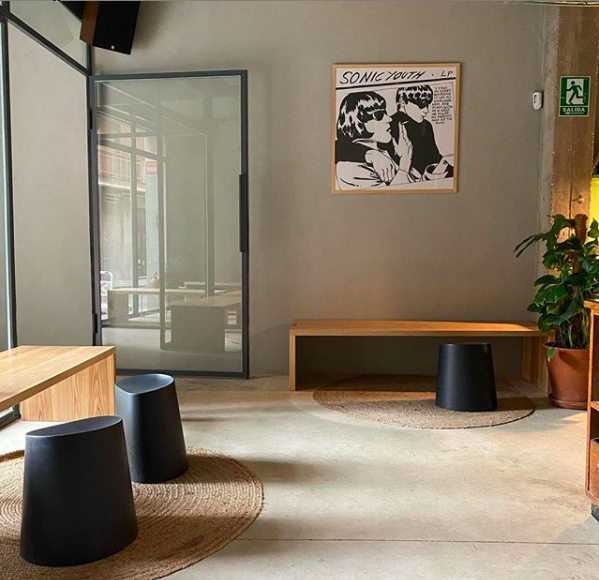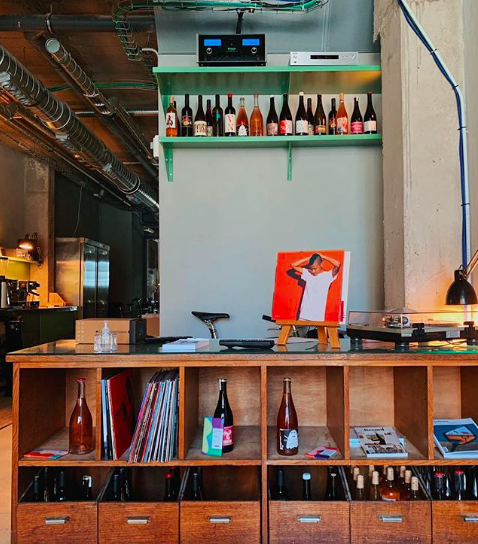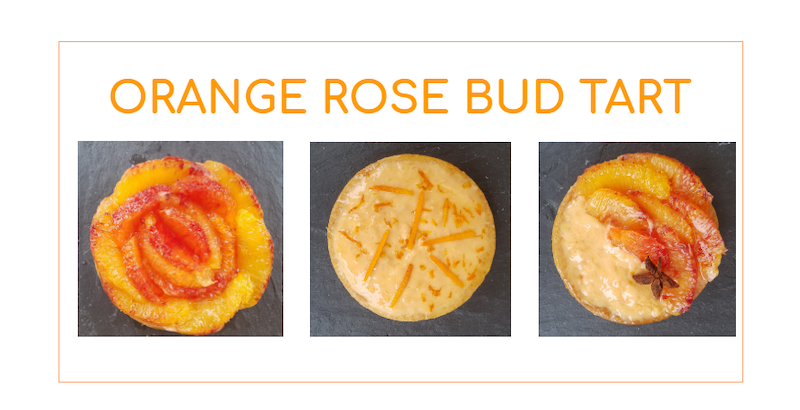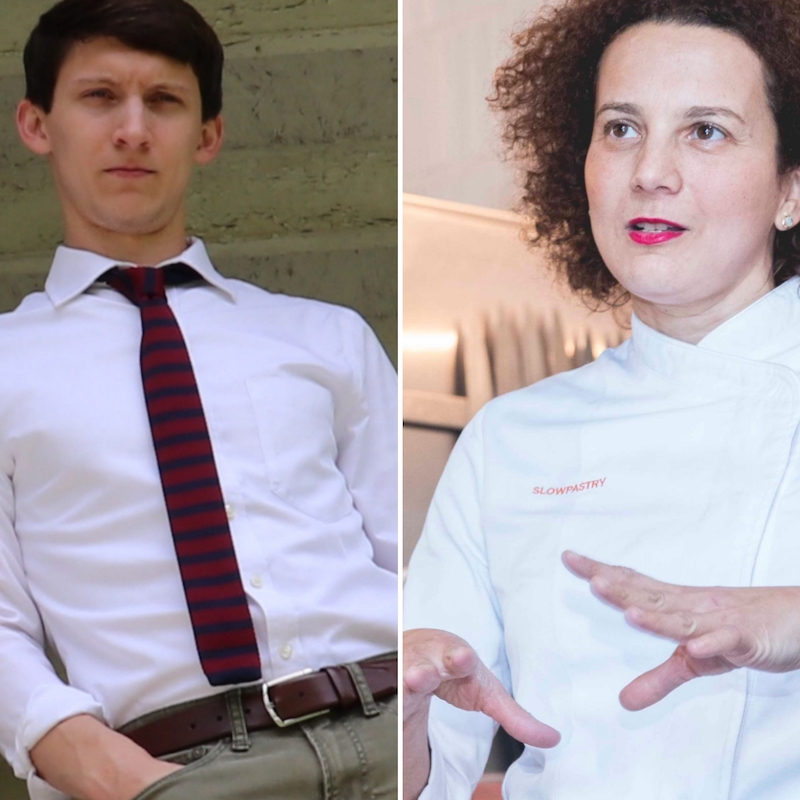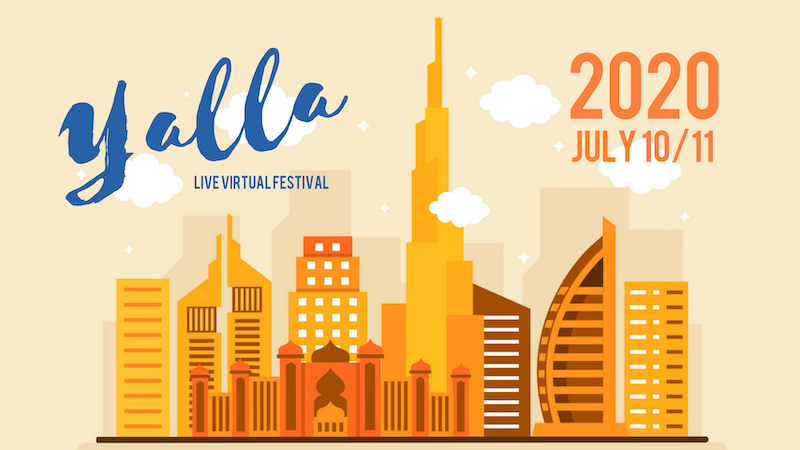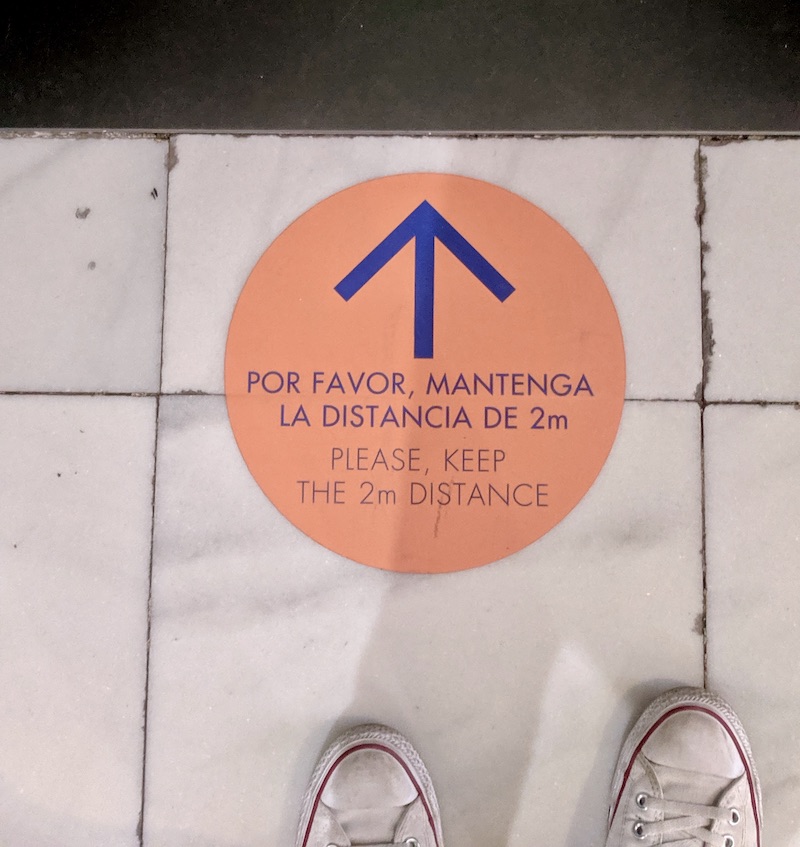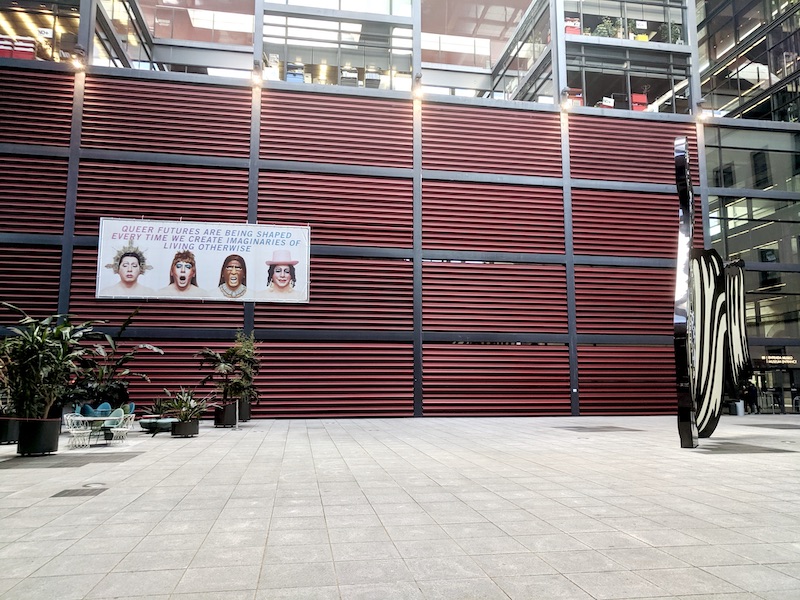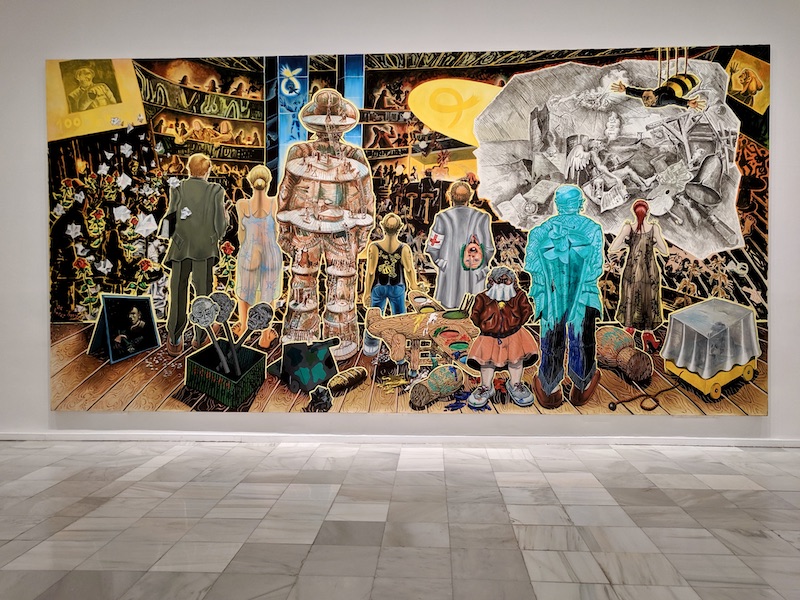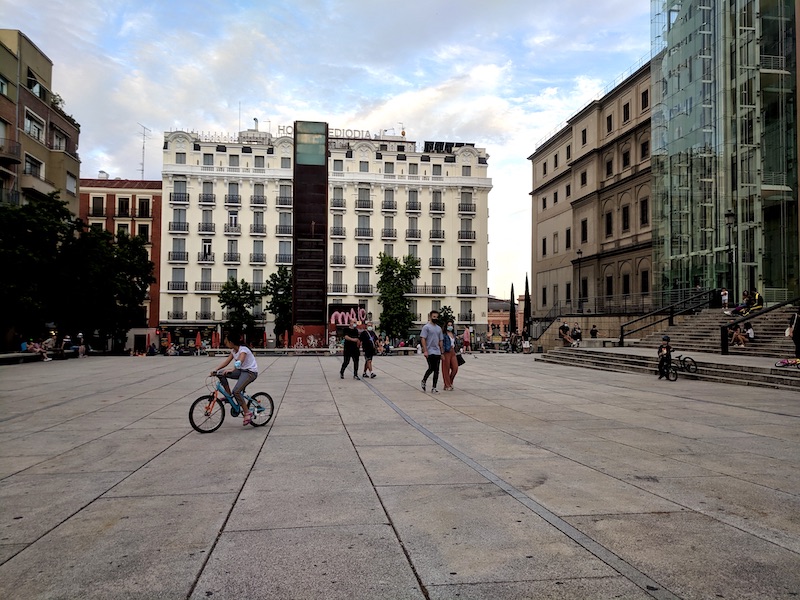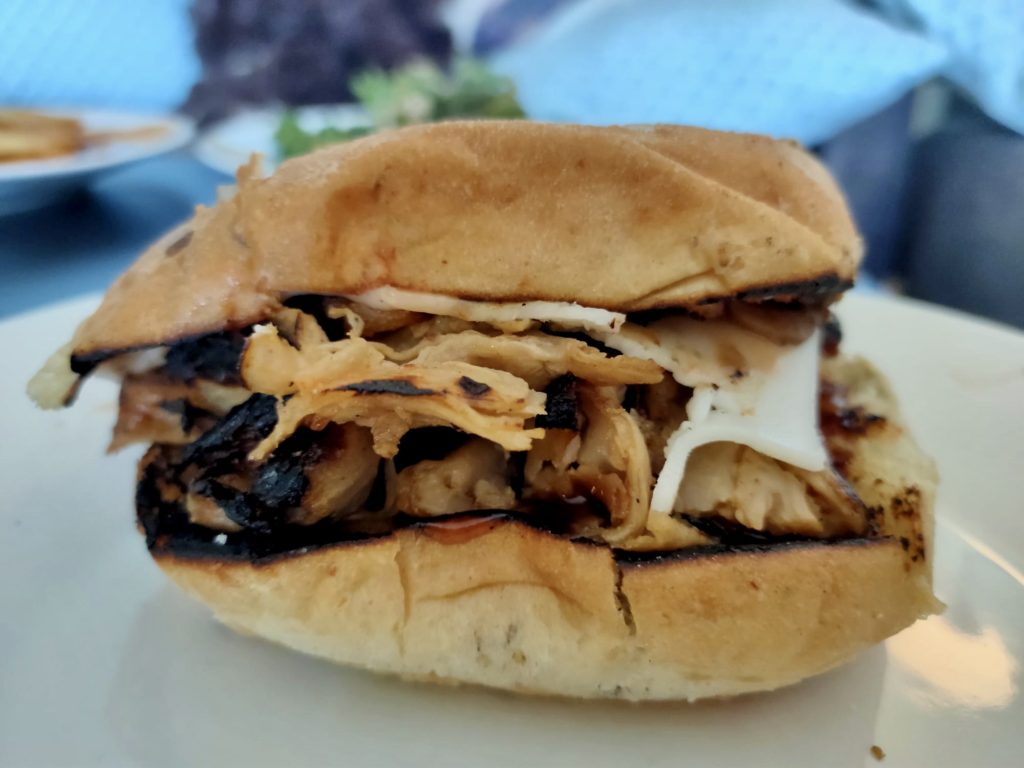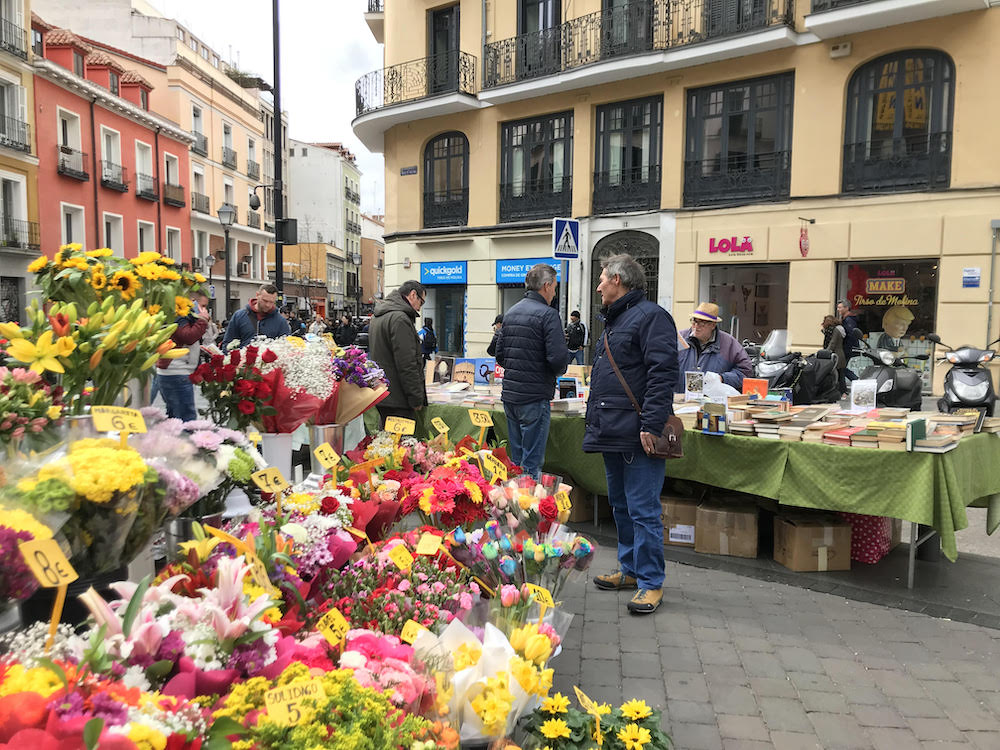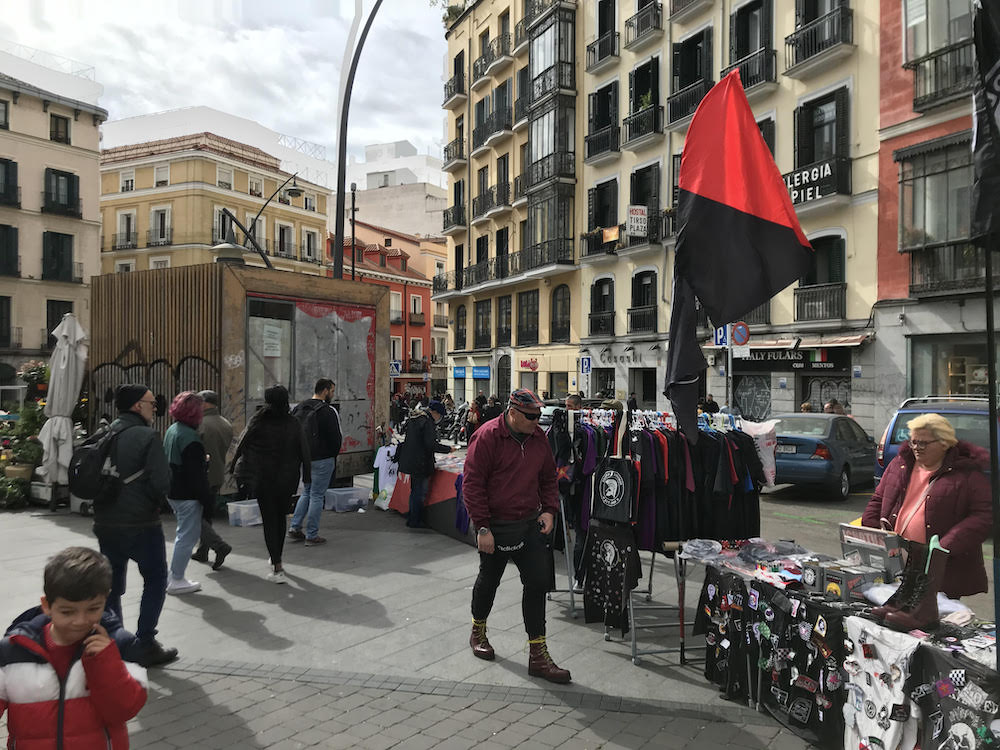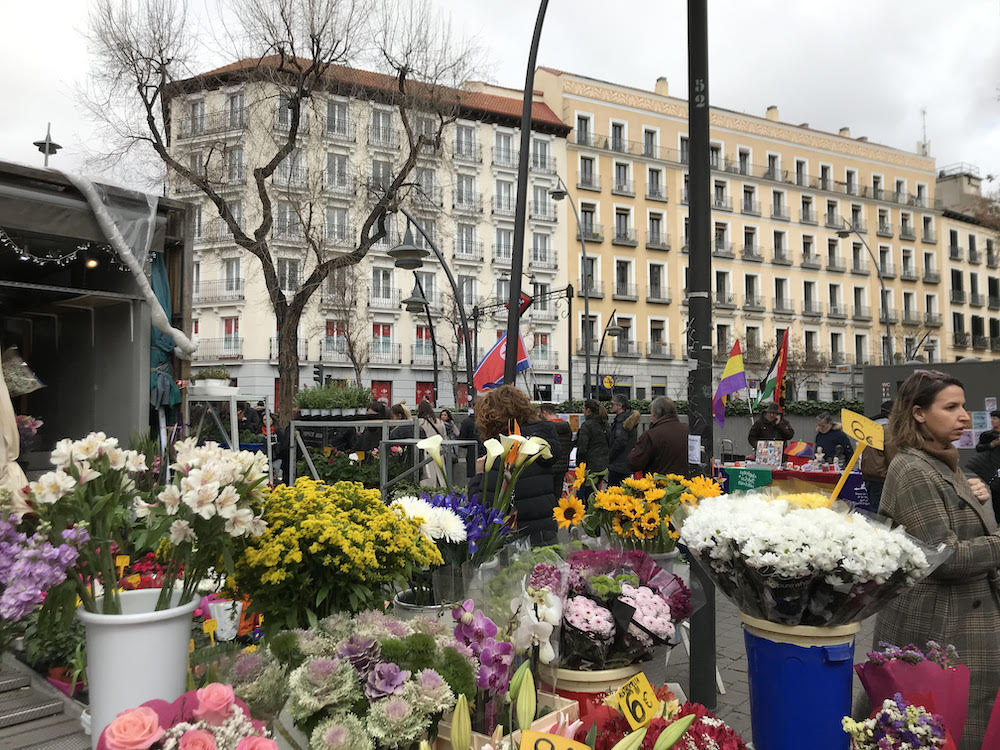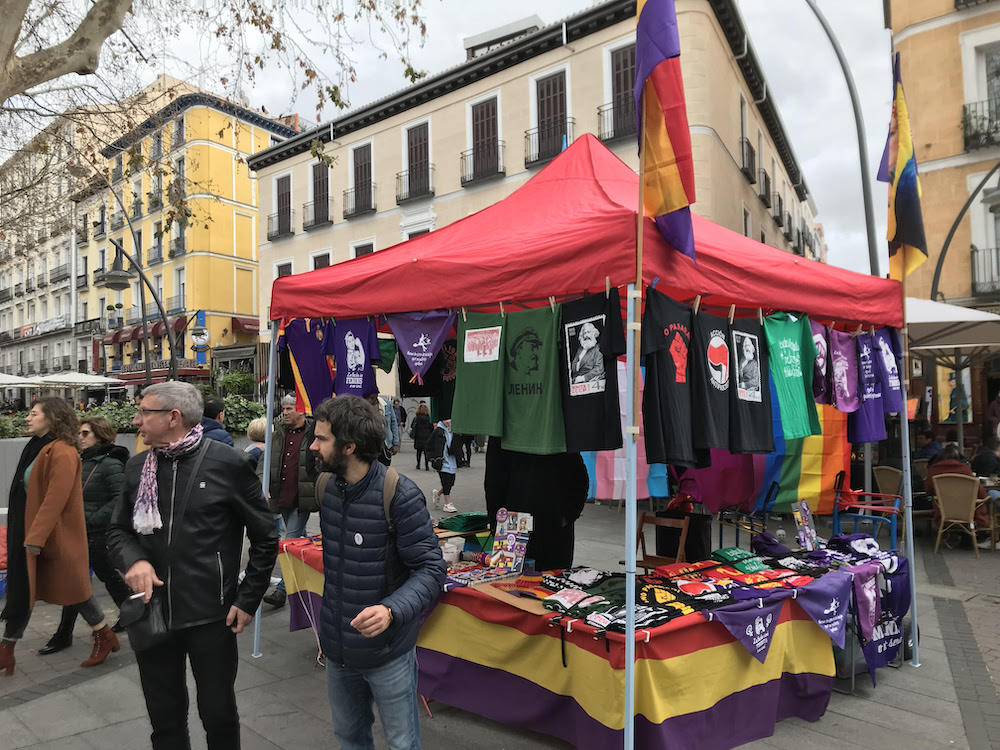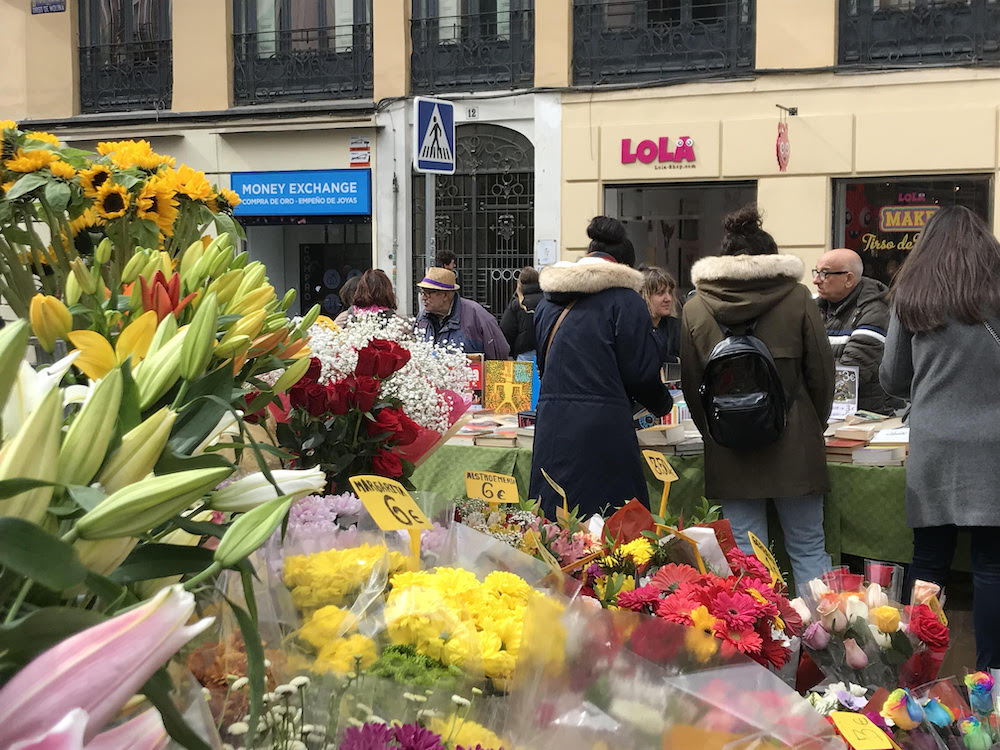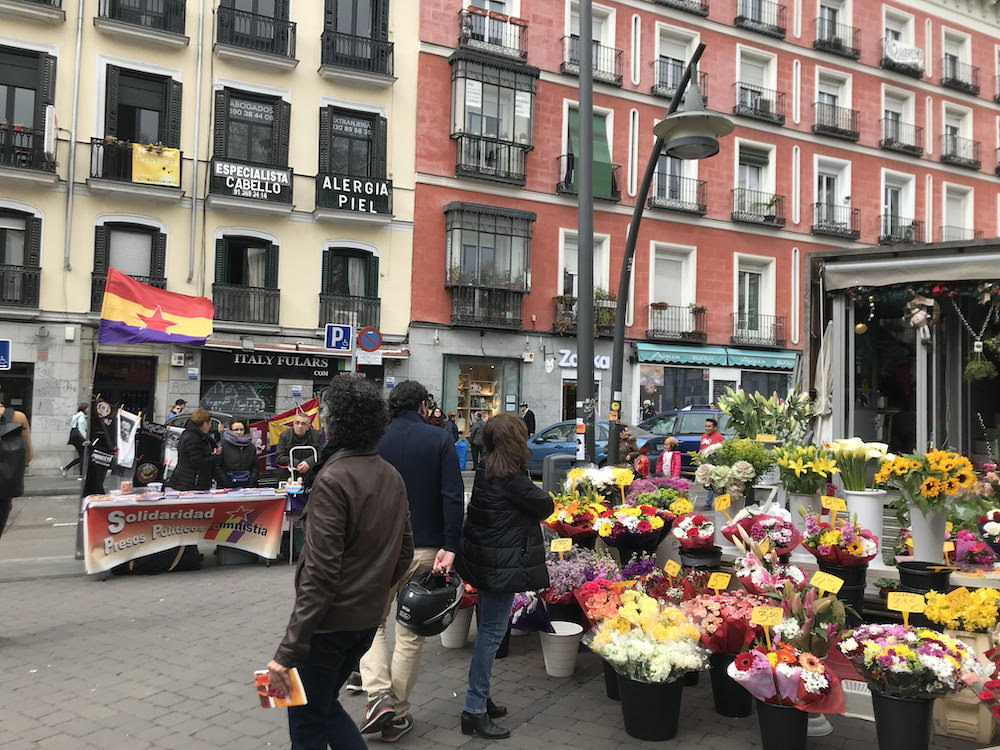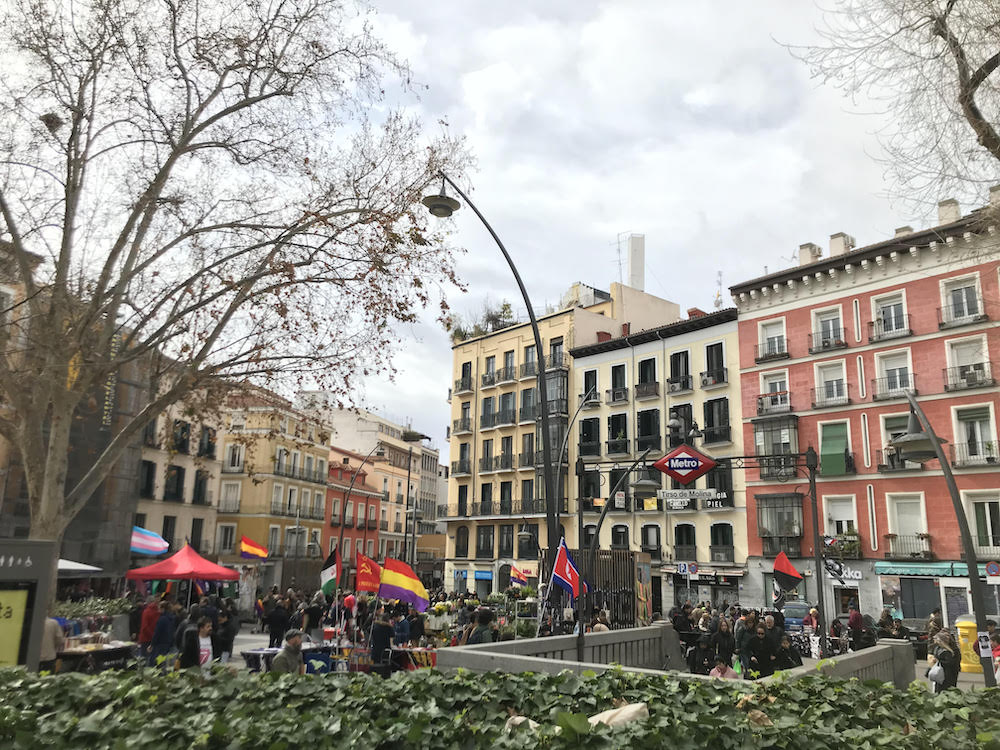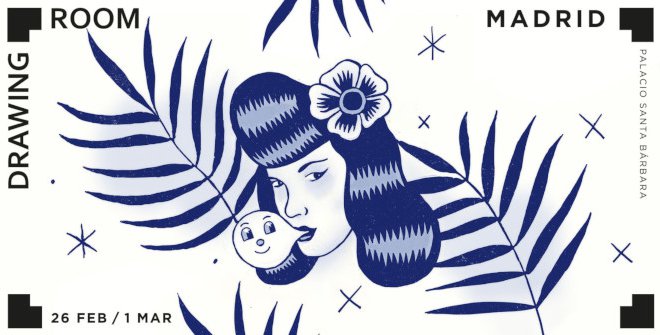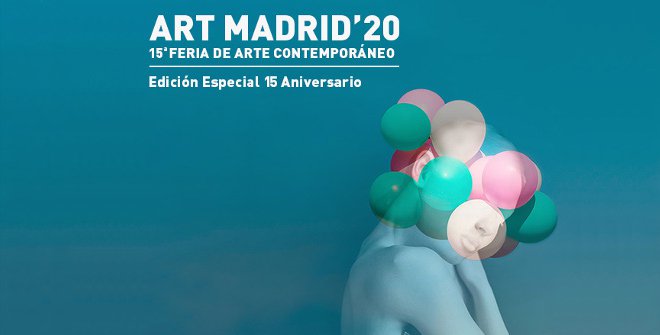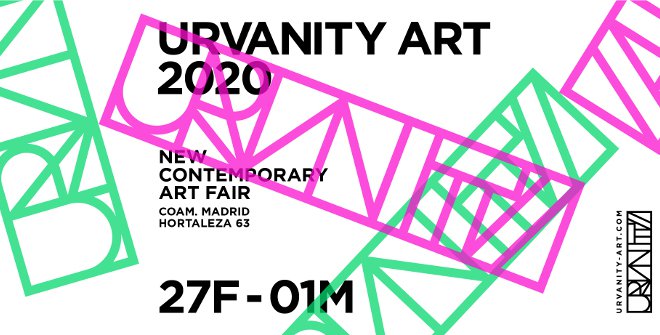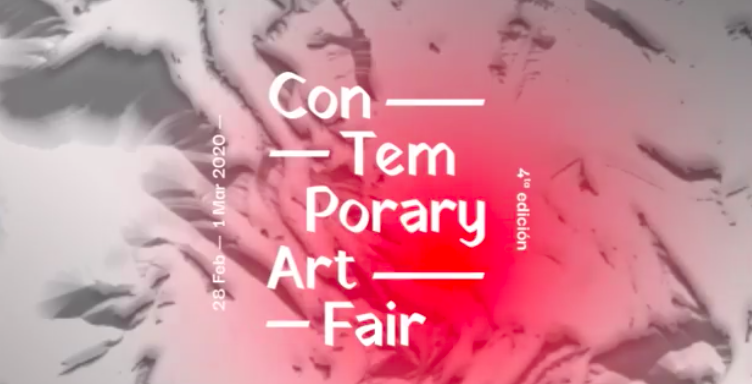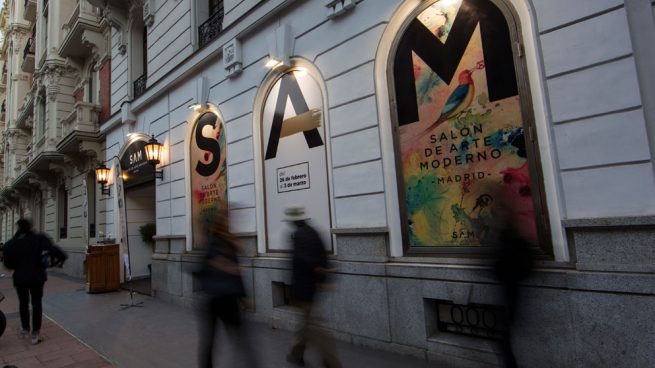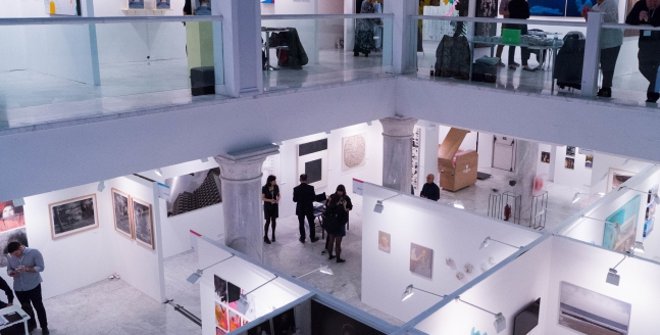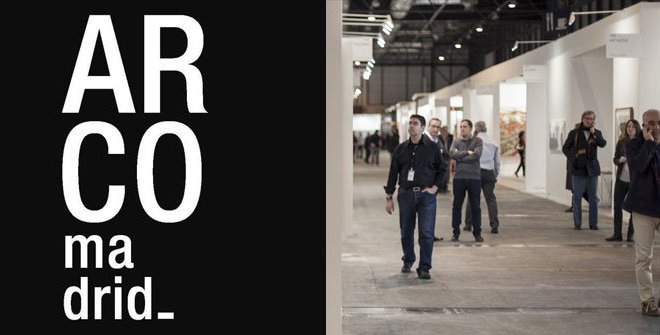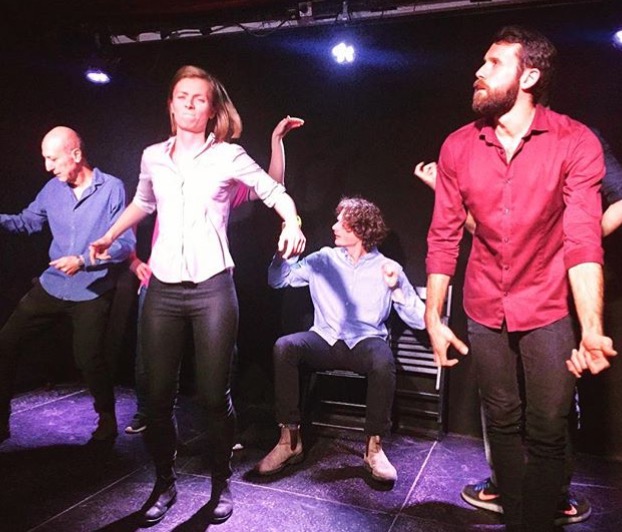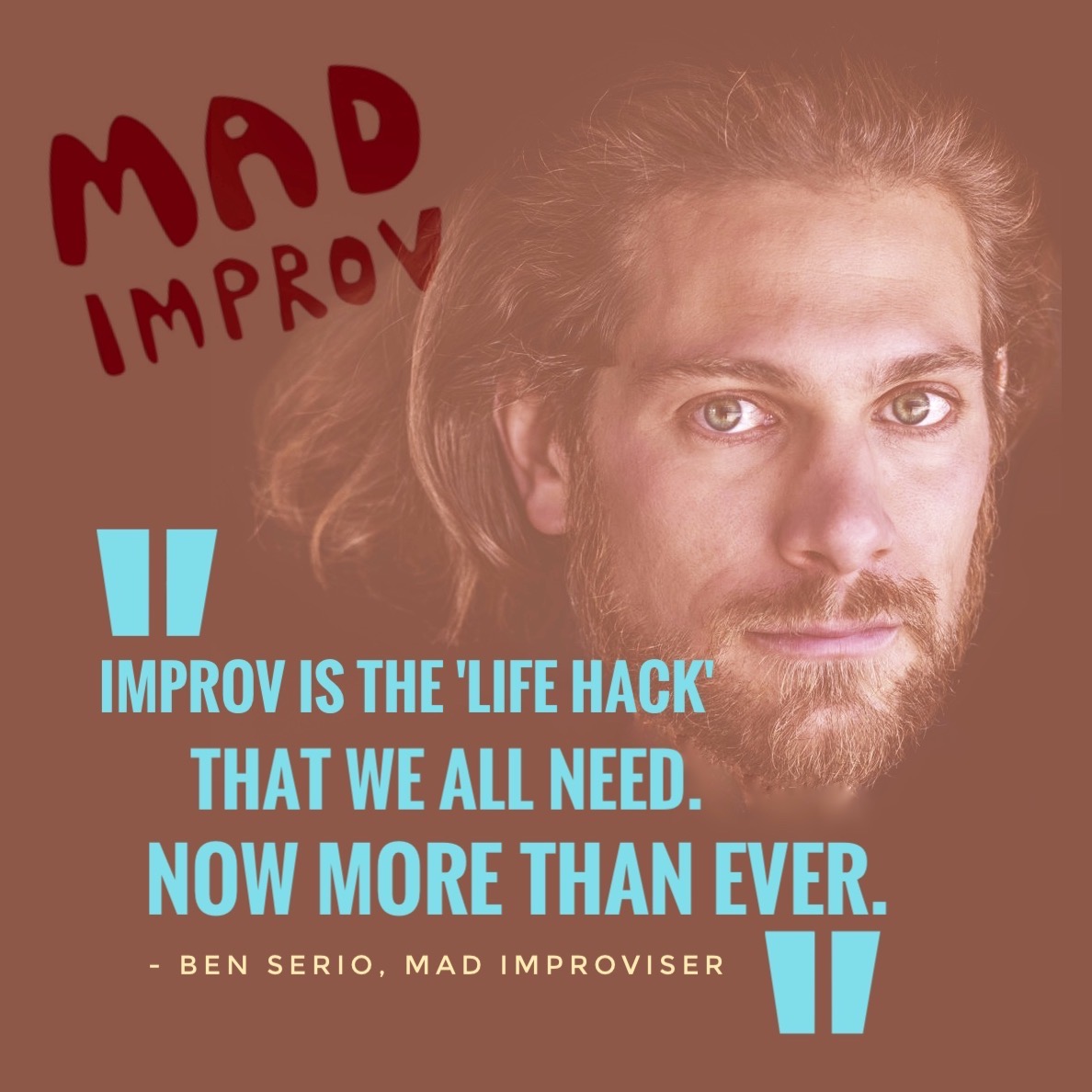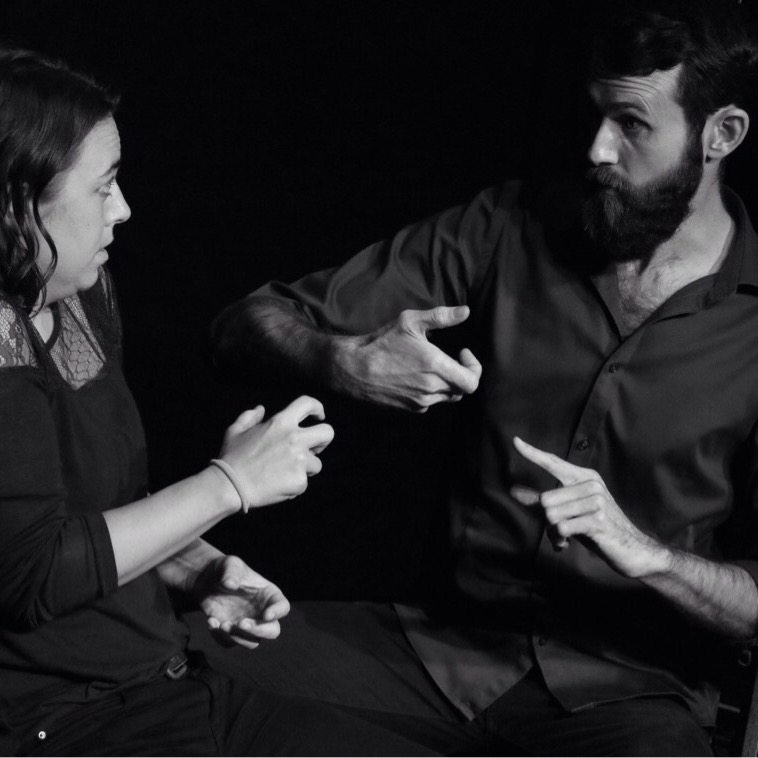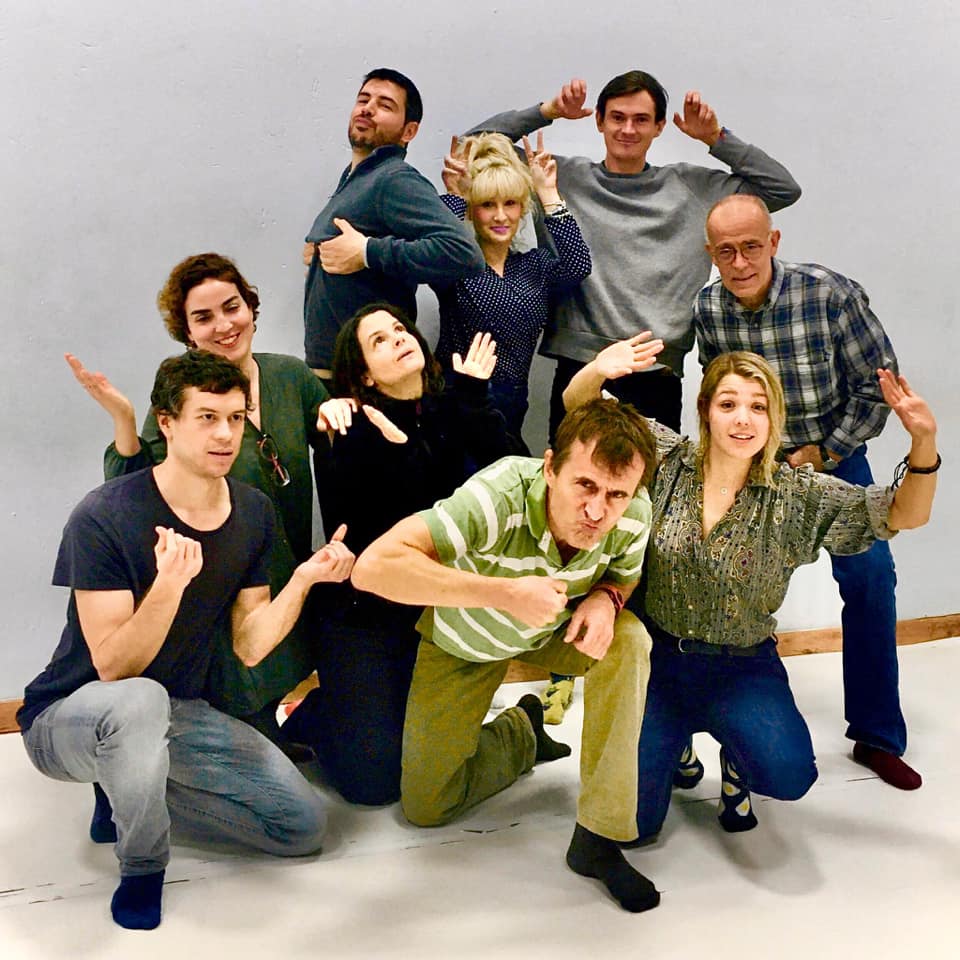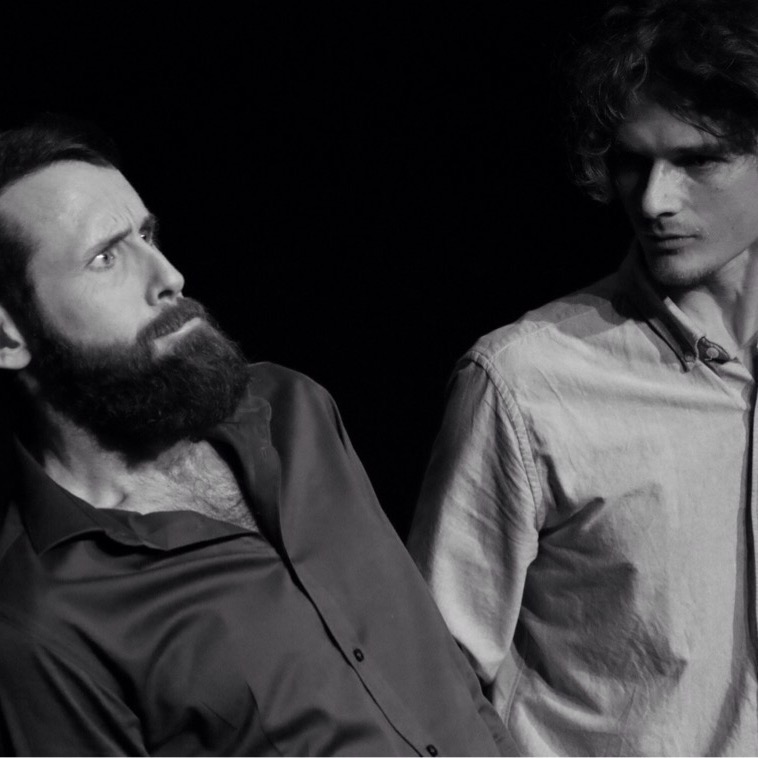Make a difference! World Refugee Day Benefit Raffle
Today we’re sharing a benefit raffle from our friends at Madrid For Refugees, a nonprofit organization that empowers refugees, asylum seekers and migrants through a range of community-run initiatives, such as job-oriented training courses, donation drives for essential items and fundraising events. There are many ways you can get involved. Participating in this raffle is one of them!
This month we celebrate World Refugee Day on 20 June, a key moment to communicate with the world about who refugees are and why they require protection. We celebrate refugees’ contributions and seek to build empathy and understanding for their plight and their resilience to build a bright future. This year we are highlighting the power of inclusion, reminding us that together we can do anything.
To celebrate World Refugee Day, we are honored to partner with Naked Madrid to feature 6 incredible initiatives that strive to improve the lives of those at risk of social exclusion or are led by refugees and migrants themselves. Each initiative is offering great raffle prizes which you could win by joining our World Refugee Day benefit raffle until 29 June 2021. This guide and raffle has been curated by Christina Samson, President of Madrid For Refugees.
To take part in the raffle, click here
1. Altramuz Editorial

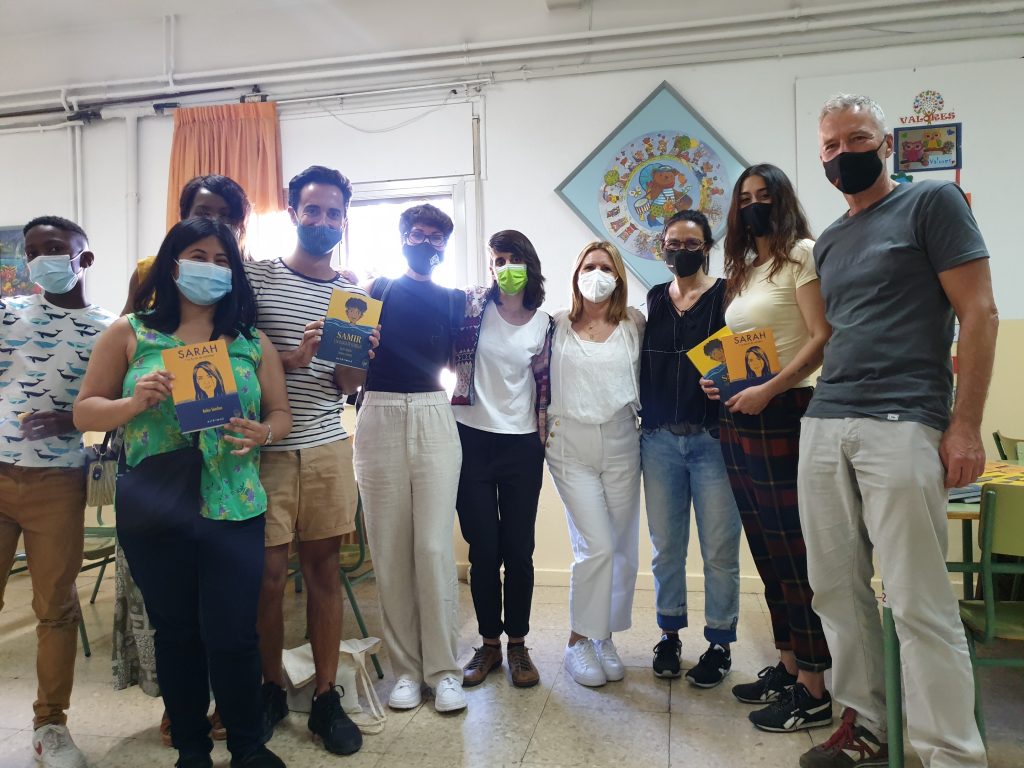
Altramuz is a social publishing house that started in 2021 with the goal of showing a real vision of diversity. They unite culture and education, with the goal of transforming the idea that diverse people are a minority. Altramuz tells real stories of people who can finally see their reality represented free of stereotypes through books that are narrated, written, illustrated, corrected or revised by people from diverse backgrounds.
- Website: altramuzeditorial.com
- Instagram: @altramuzeditorial
- Facebook: Altramuz.Editorial
- E-mail: info@altramuzeditorial.com
Raffle prize:
Set of 2 books signed by the author (in Spanish) “Samir and the Meteor Shower” and “Sarah and the Meteor Shower” – new books that speak on the reality of the Syrian people, who must leave their home, their roots, because of the war and are often stigmatized and treated under the umbrella of intolerance in host countries.
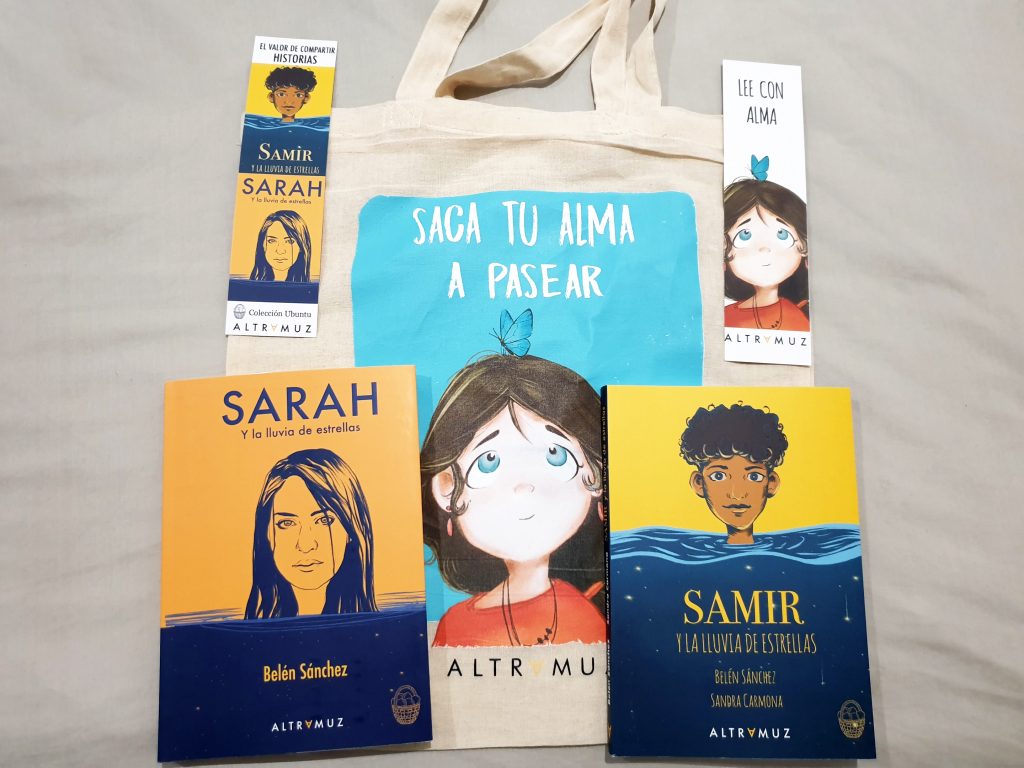
2. El Huerto de Usman

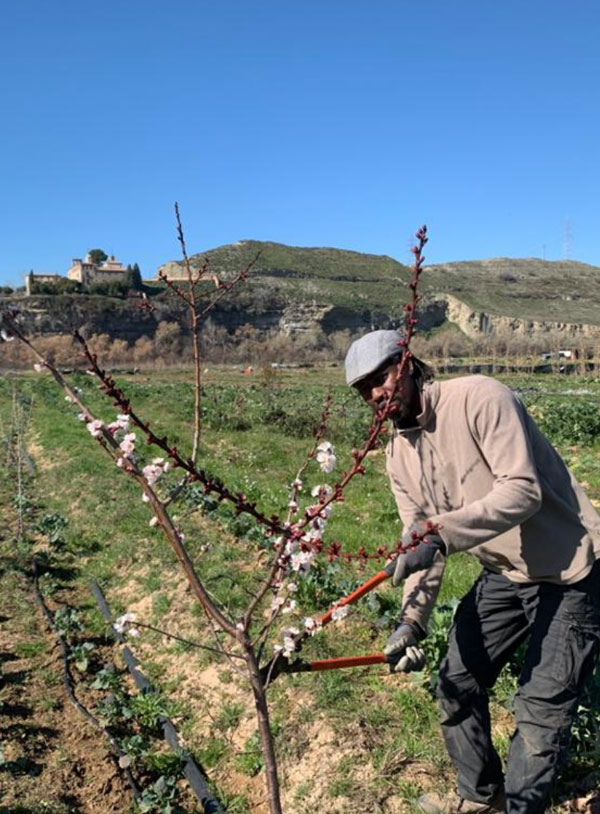
Usman started his organic garden to return to his roots and work towards natural and sustainable agriculture as a way of life. Usman was born in Mauritania from a family who worked in agriculture and livestock in Hassi Chaggar, his hometown. Today Usman lives in the Lavapiés neighborhood and since 2014 he has dedicated himself to organic farming. The organic garden and farm is located on the banks of the Jarama River, in the “Soto del Grillo” natural area in the town of Rivas-Vaciamadrid (Madrid).
Huerto de Usman’s philosophy is to take care of the environment through the production of quality food, applying agro-ecological techniques that respect the environment and people, respect the natural growing cycle and cultivate seasonal organic vegetables respecting their natural cycles and growth so customers can enjoy more nutritious and tasty produce. El Huerto de Usman offers baskets of seasonal organic vegetables for home delivery or for pickup in Lavapiés.
- Website: https://verdurasecologicasusman.com/
- Instagram: @huertodeusman
- Facebook: ElHuertoDeUsman
- E-mail: info@verdurasecologicasusman.com
- Phone: +34 662 58 77 08
Raffle prize:
5kg seasonal organic vegetable basket for delivery in Madrid
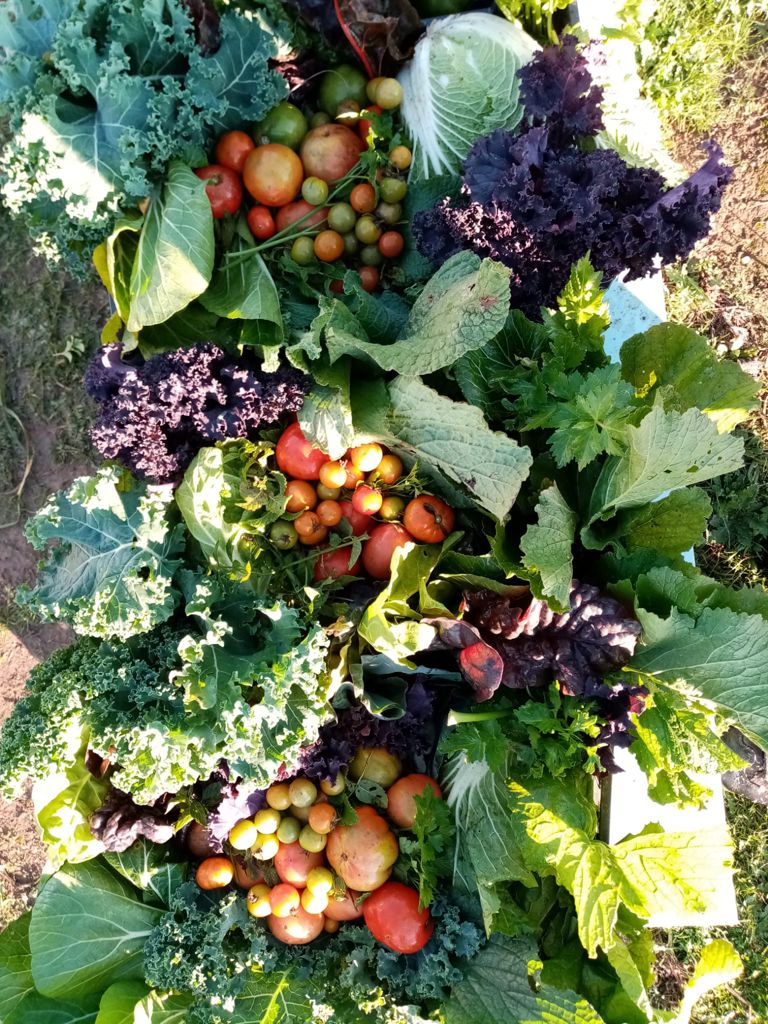
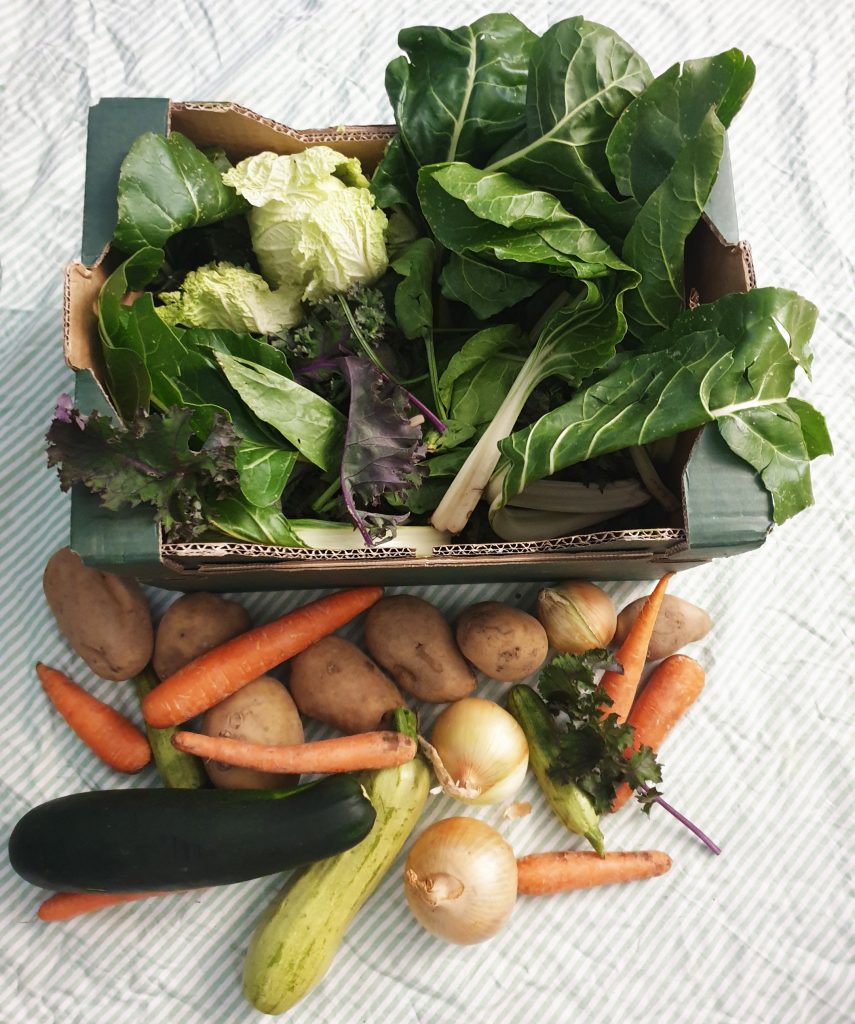
3. Ellas lo bordan

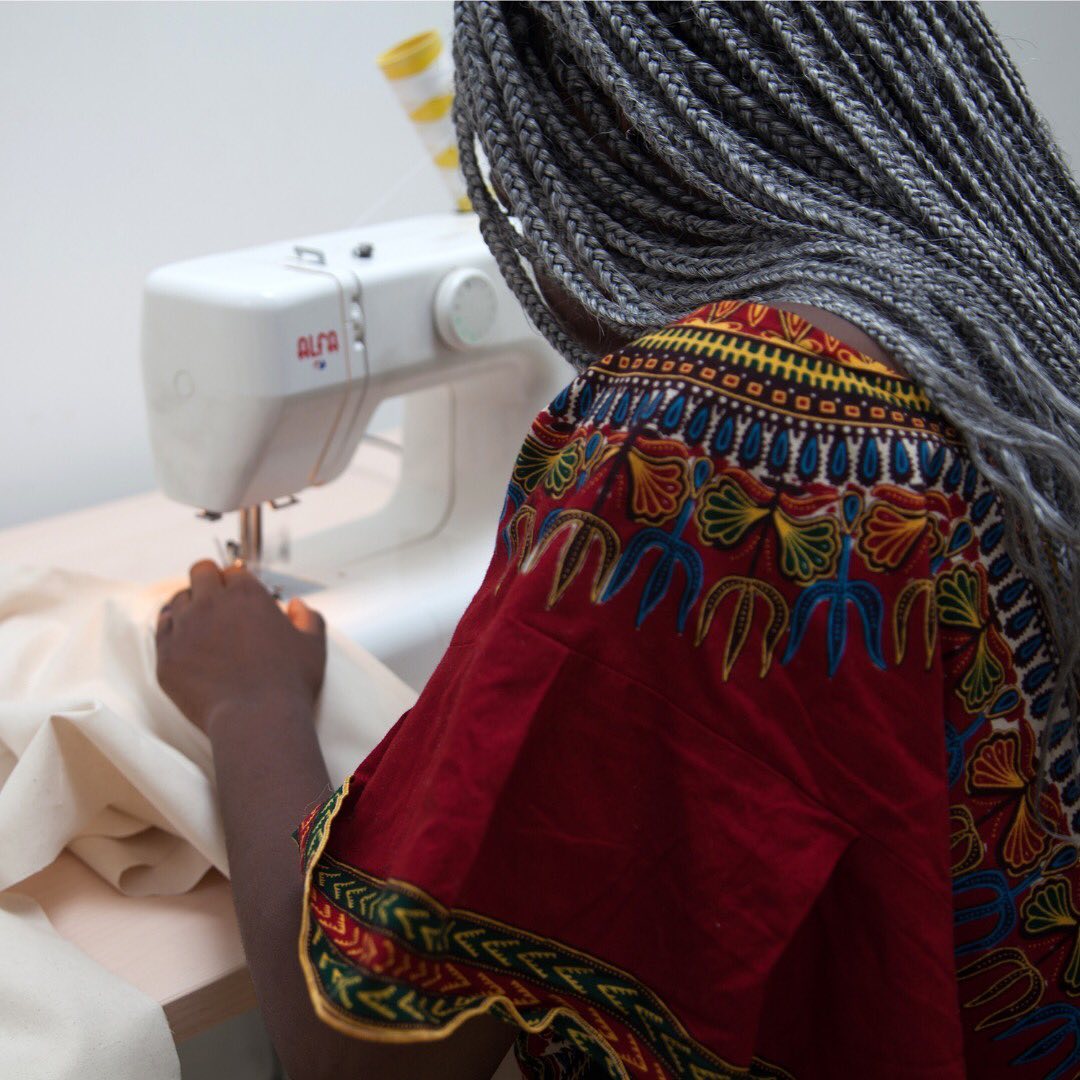
Ellas lo bordan is a social impact sewing workshop that offers job opportunities to women in vulnerable situations. Its production is sustainable, supports personal growth and contributes to local development. Their work has triple impact: economic, social and environmental. They are a socially transformative alternative for companies supporting responsible consumption and production.
- Website: ellaslobordan.es
- Instagram: @ellaslobordan
- Email: info@ellaslobordan.es
- Phone: +34 622 491 105
Raffle prize:
Handmade wine bottle carrier and a set of placemats (wine not included)
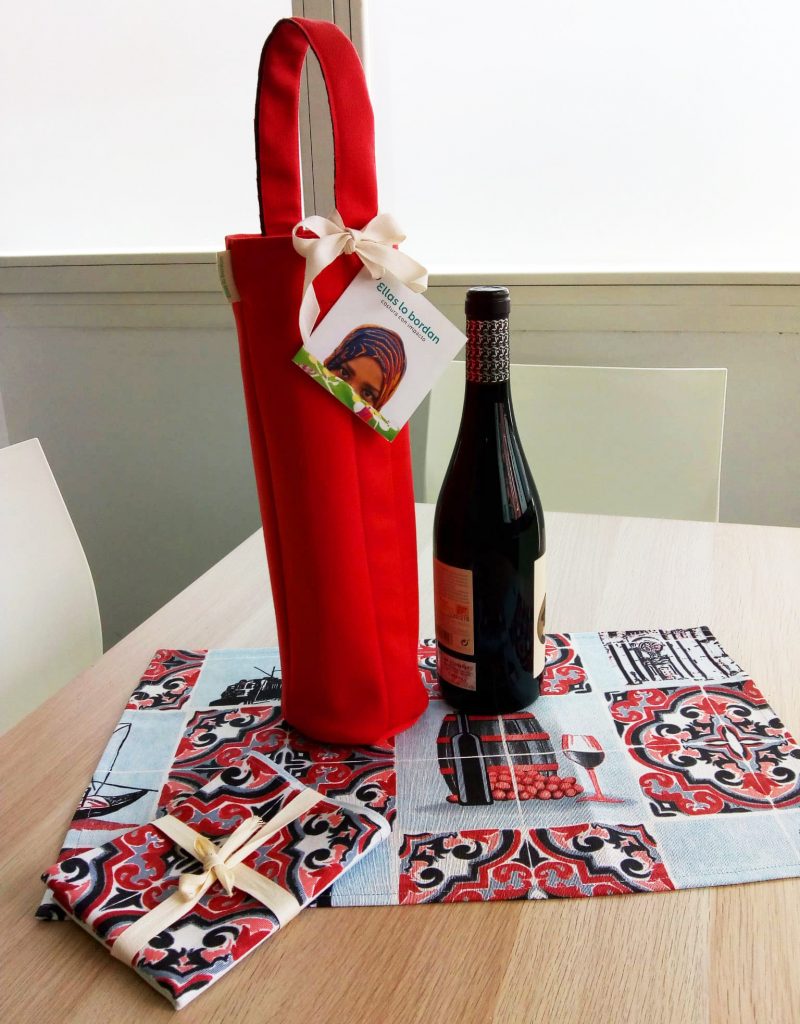
4. Robingood
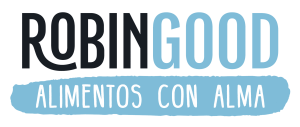
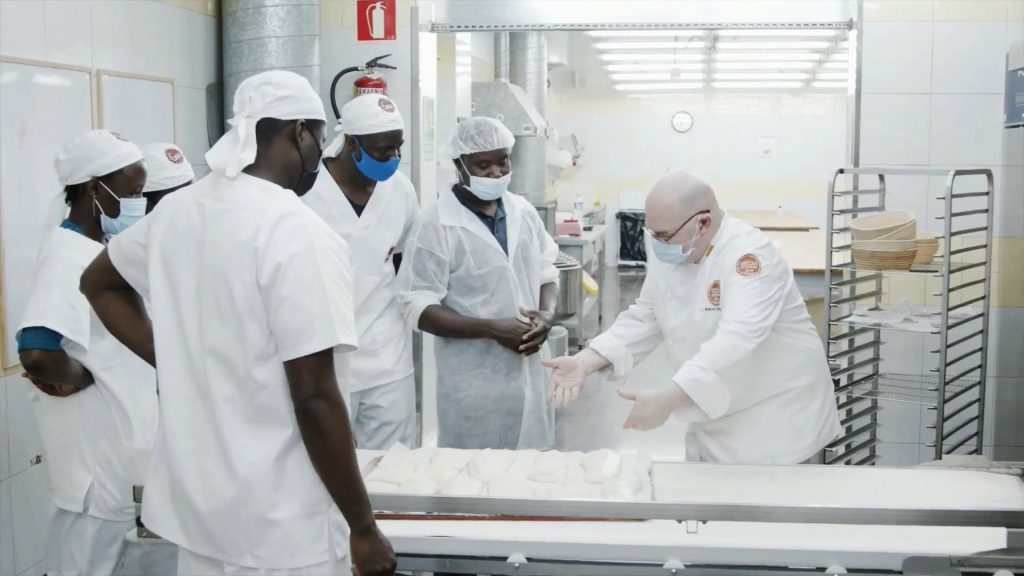
Robingood is the first food brand that offers artisan and local products, manufactured by people at risk of social exclusion. Its products are “Food with soul”, products that help change lives. Robingood gives people the opportunity to enjoy food products that generate a positive impact in society. They contribute to social inclusion and improve the professionalization of small producers, workers and social enterprises.
- Website: robingood.es
- Instagram: @robingoodselection
- Facebook: RobinGoodSelection
- Email: info@robingood.es / https://www.robingood.es/contacto/
- Phone: +34 637 146 612
Raffle prize:
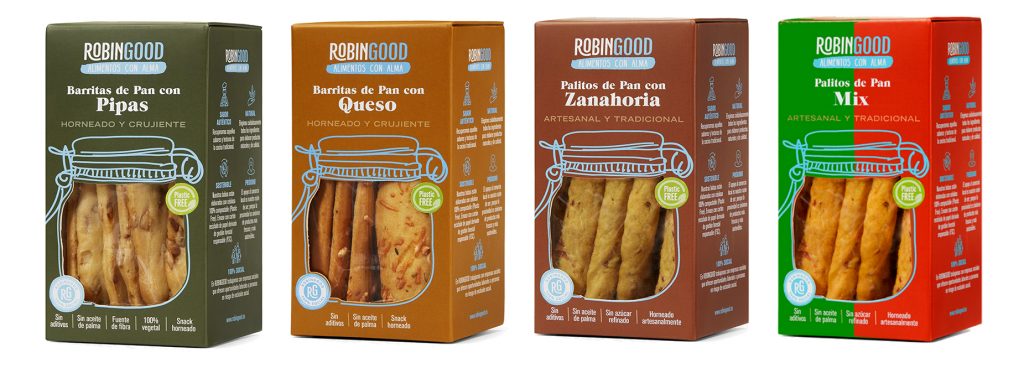
Pack of artisanal bread sticks: sunflower seeds, cheese, carrot, and vegetables+tomato mix. They are baked and made with natural ingredients, high in fiber, 100% vegetables, no palm oil, and no preservatives.
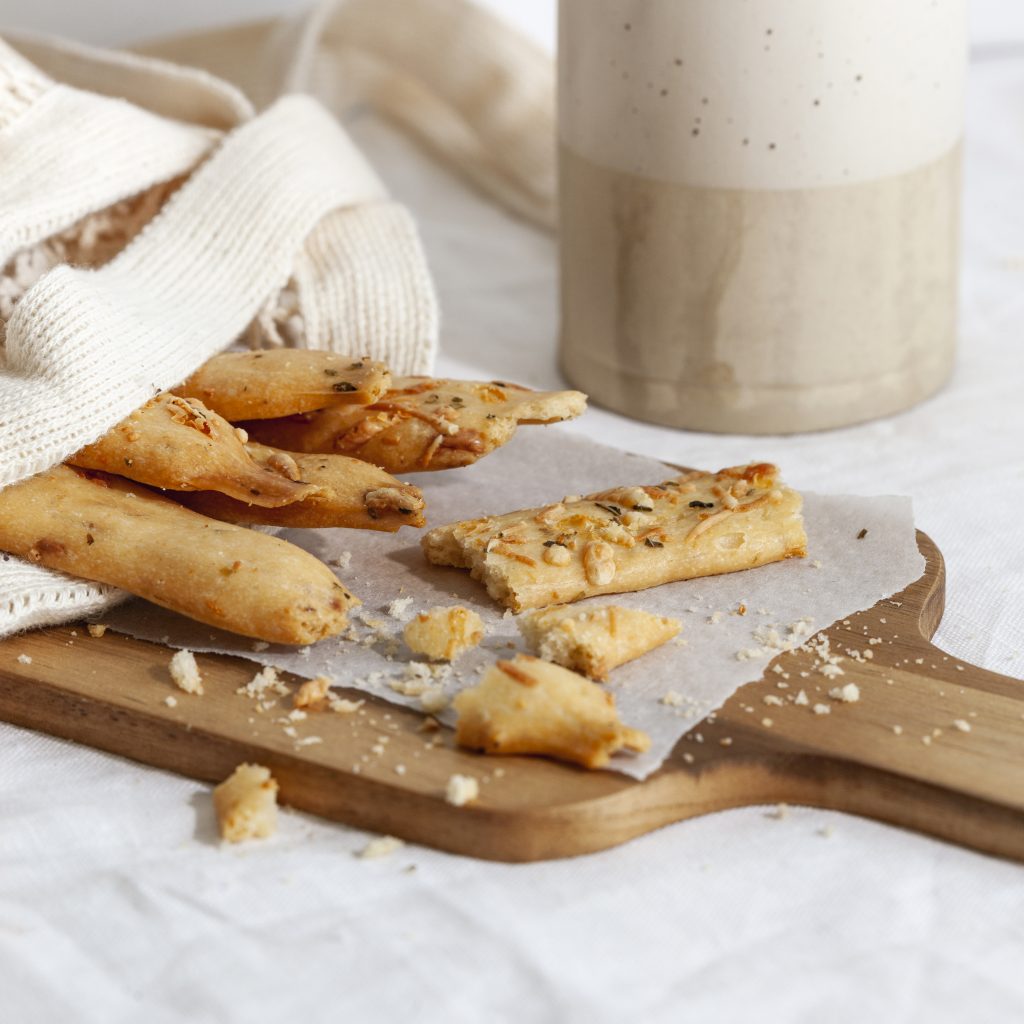
5. La Quinta Cocina
Garden café in the Quinta de los Molinos Park
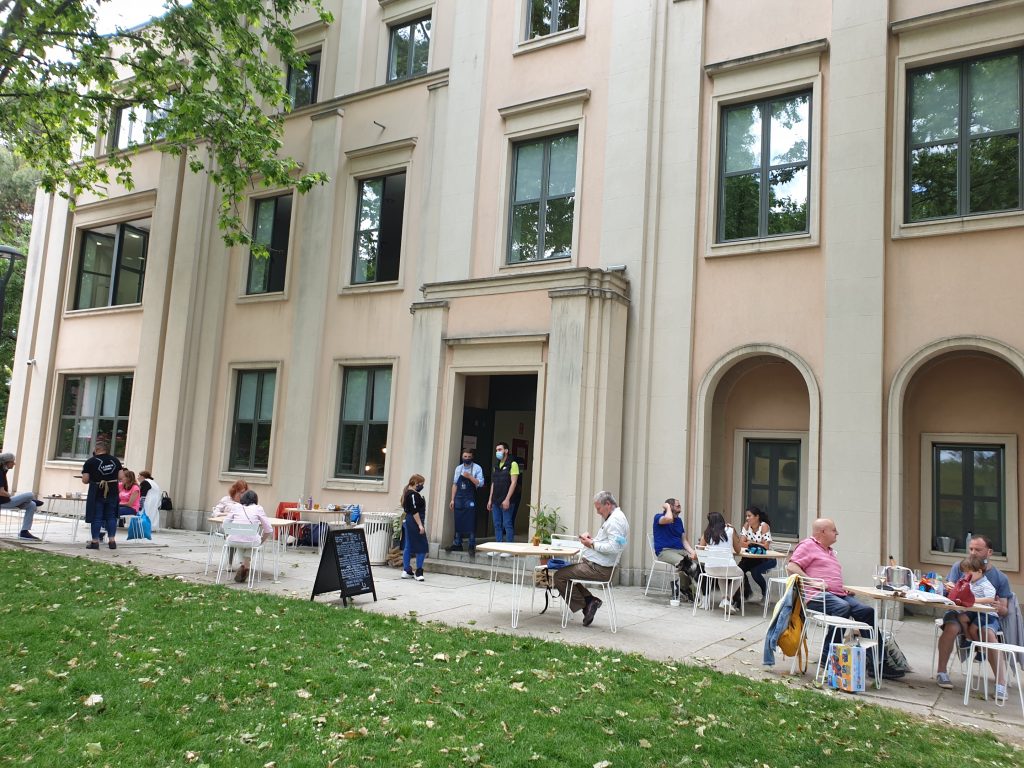
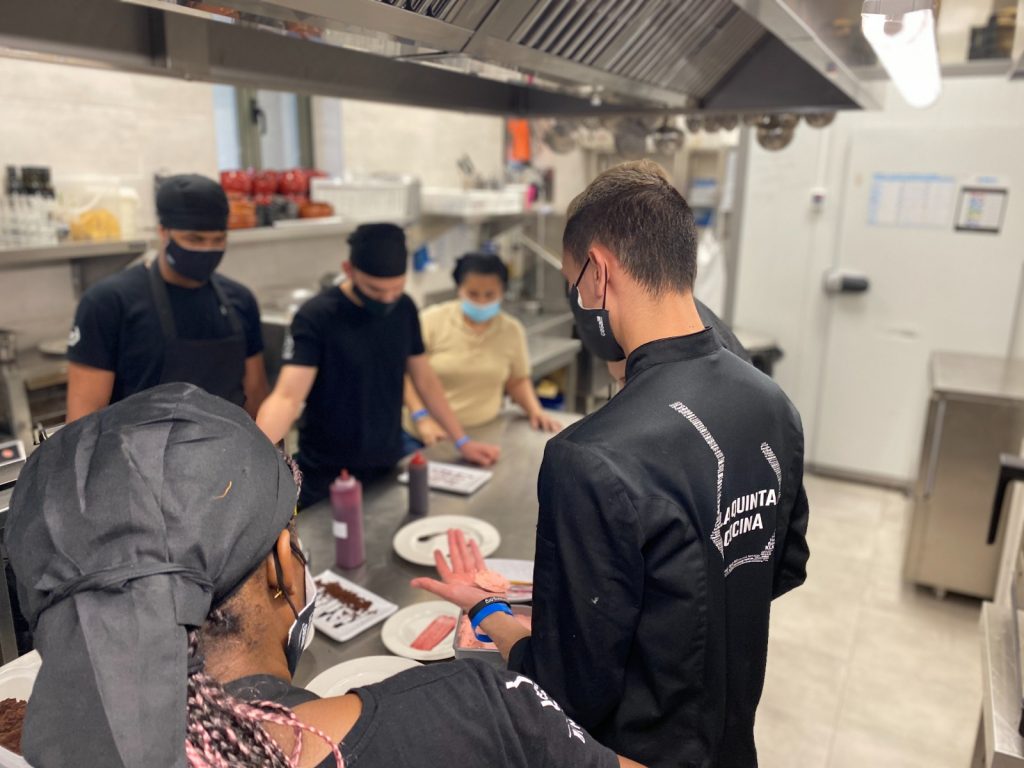
In the corner of one of the most beautiful parks in Madrid, La Quinta de Los Molinos, you will find Madrid City Council’s only cultural center for children and young people called La Quinta Espacio Abierto. Upon entering the majestic building, you’ll find the garden café called La Quinta Cocina, one of the most unique training and gastronomic spaces in Madrid. This is a hospitality training project for young people at risk of social exclusion which consists of a course offered by the Madrid City Council and managed by the NGO CESAL.
In four months, forty young people learn from day one how to work in a professional kitchen and serve guests. La Quinta Cocina’s menu features homemade dishes with an international flair. Come to this beautiful place and take part in this gastronomic experience and, at the same time, support the most disadvantaged young people in our society.
- Website: https://espacioquinta.madrid.es/la-quinta-cocina/
- Instagram: @ongcesal
- Facebook: ONG CESAL
- E-mail: quintacocina@madrid.es
- Address: Calle Juan Ignacio Luca de Tena, 20, 28027 Madrid
- Hours: Wednesday-Sunday 10:00 – 20:00
- Phone: +34 915 880 730
Raffle prize:
25 euro gift voucher (see menu)
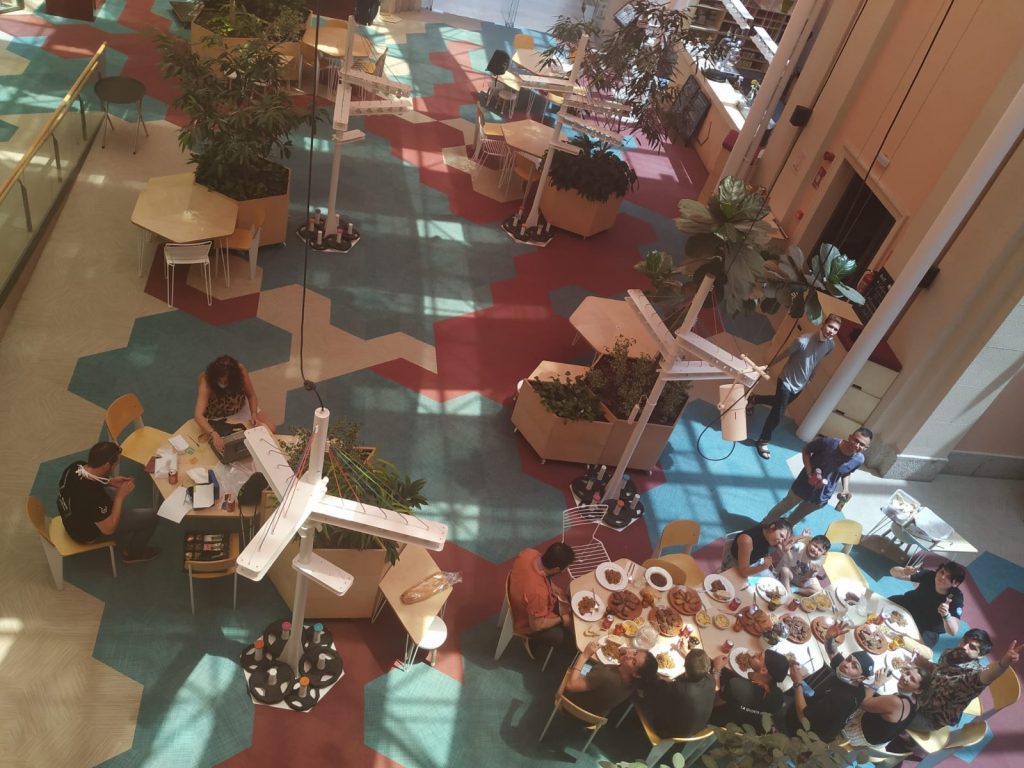
6. El Jardín Árabe
Traditional Moroccan cuisine in Madrid
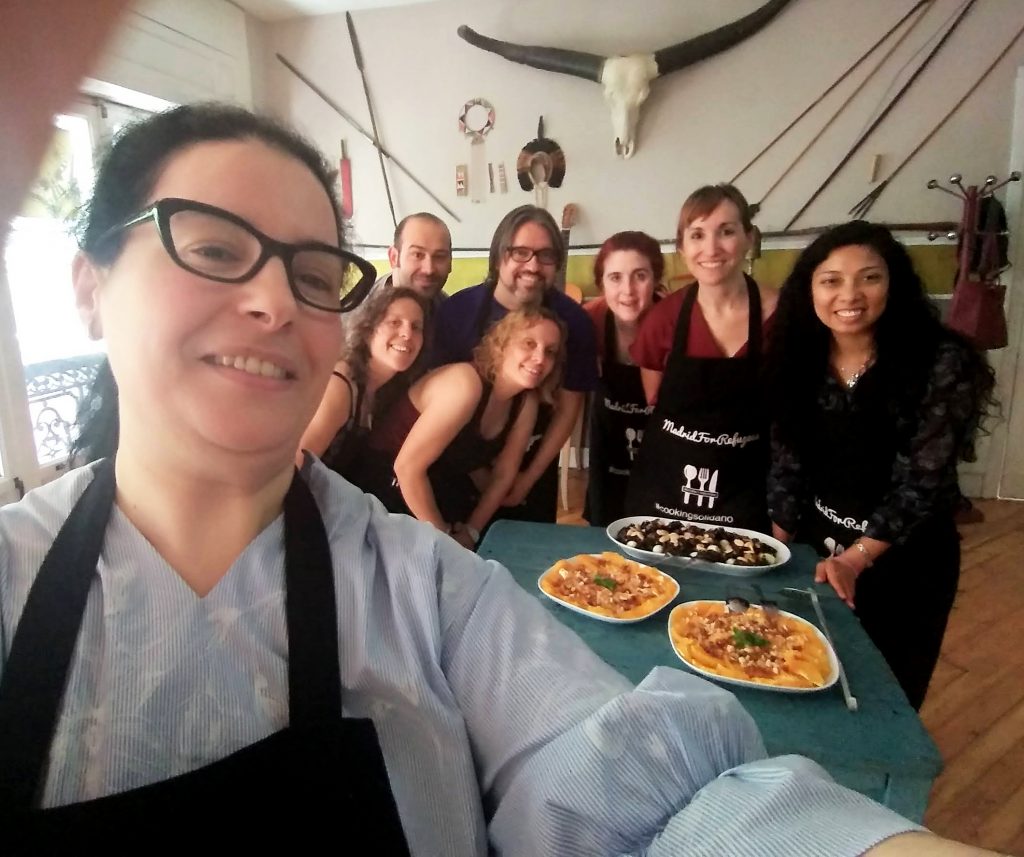
Chef Imane is from Casablanca and grew up in a family well versed in the world of Moroccan gastronomy. She learned how to cook the best recipes with her mother. Cooking started as a hobby but eventually cooking became her vocation and profession. She feels that cooking is her world, which led her to open El Jardín Arabe in 2021.
Her goal is to offer her customers authentic Moroccan food with its special flavors and aromas with traditional recipes and top quality products. Here in Madrid, El Jardín Árabe is one of the few places with a wide variety of gourmet dishes, especially the famous Moroccan Pastela.
- Website: eljardinarabe.es
- Instagram: @eljardinarabe
- E-mail: eljardinarabe@gmail.com
- Phone: +34 695795581
Raffle prize:
25 euros gift voucher for food orders in Madrid
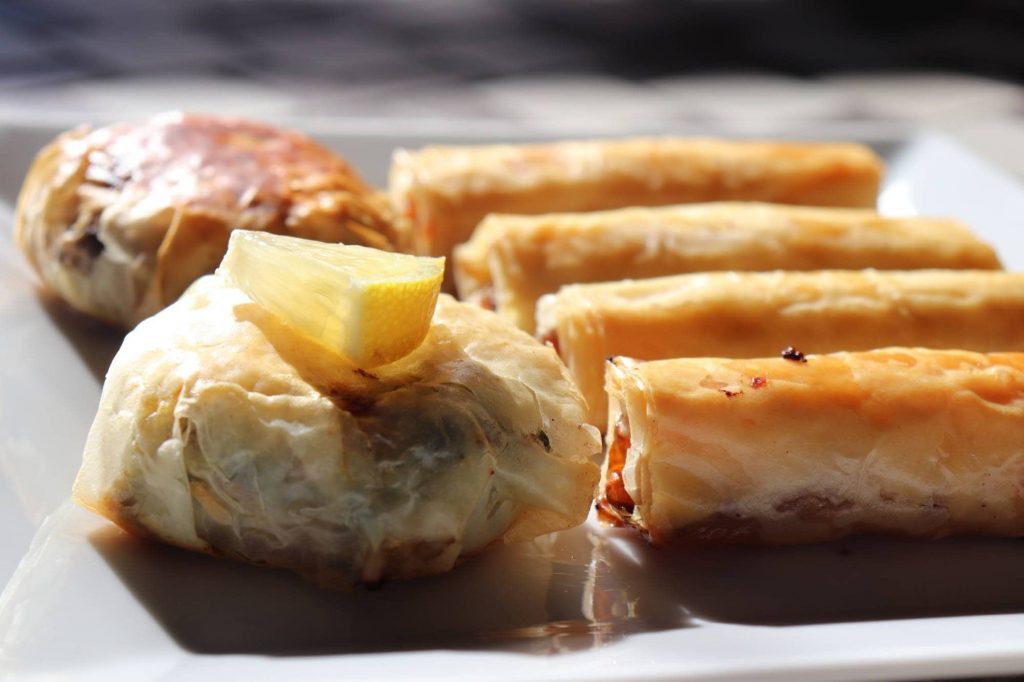
Take part in our benefit raffle to support refugees!
In addition to directly supporting these incredible initiatives, with a €6 donation you can enter our benefit raffle for the chance to win an awesome prize and support Madrid For Refugees at the same time.
You may also like: 21 Madrid volunteer opportunities in 2021
